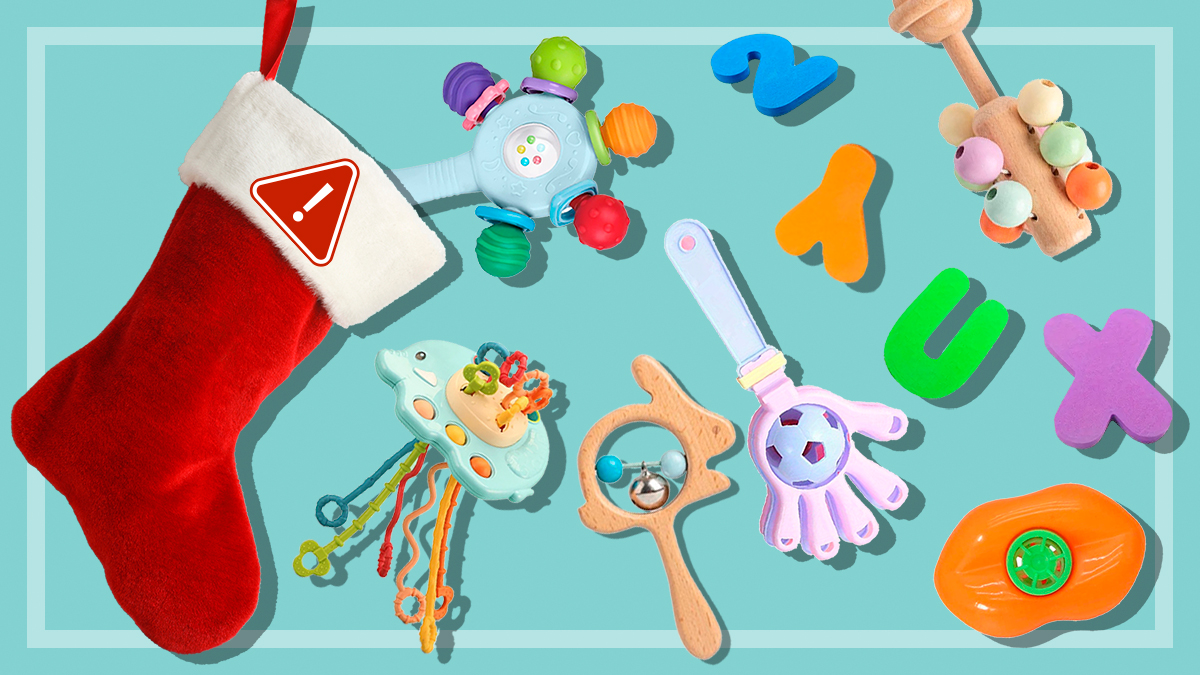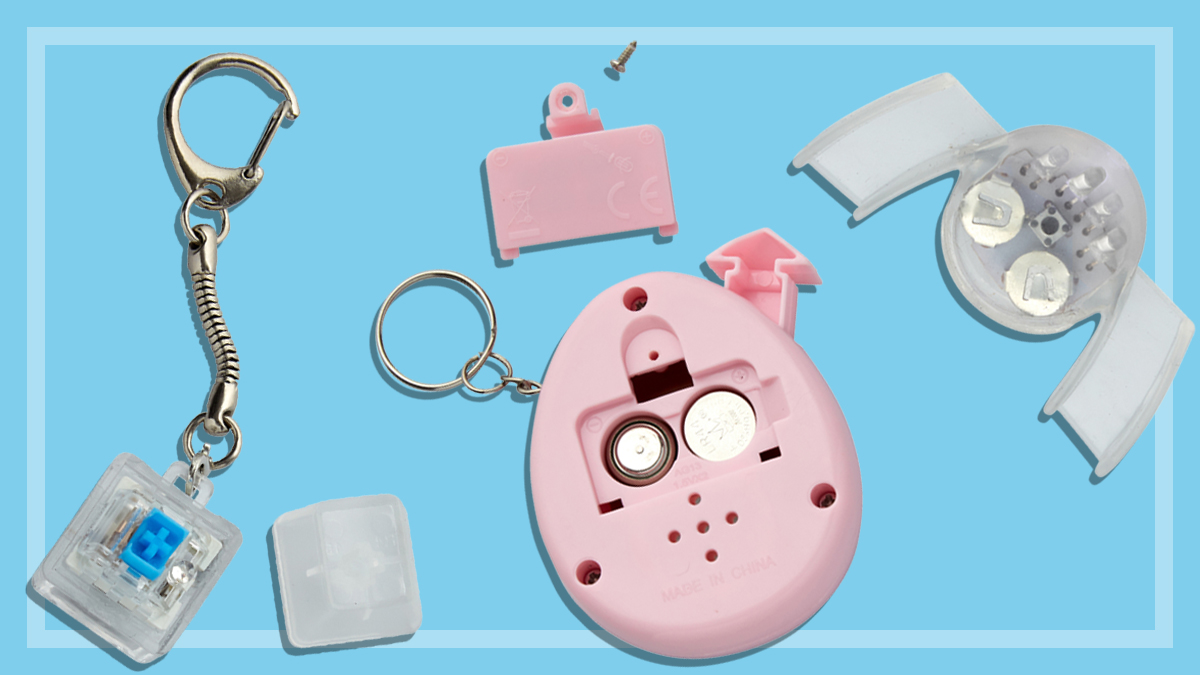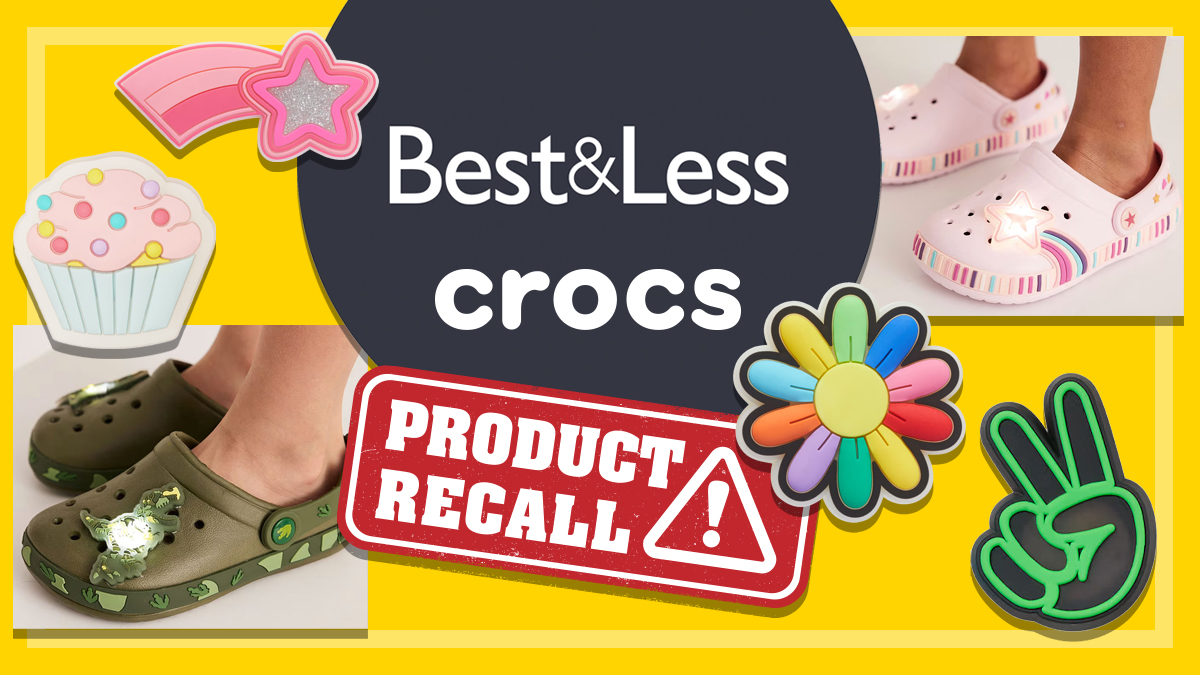Get our independent lab tests, expert reviews and honest advice.
CHOICE calls for new safety laws to prevent toppling furniture deaths
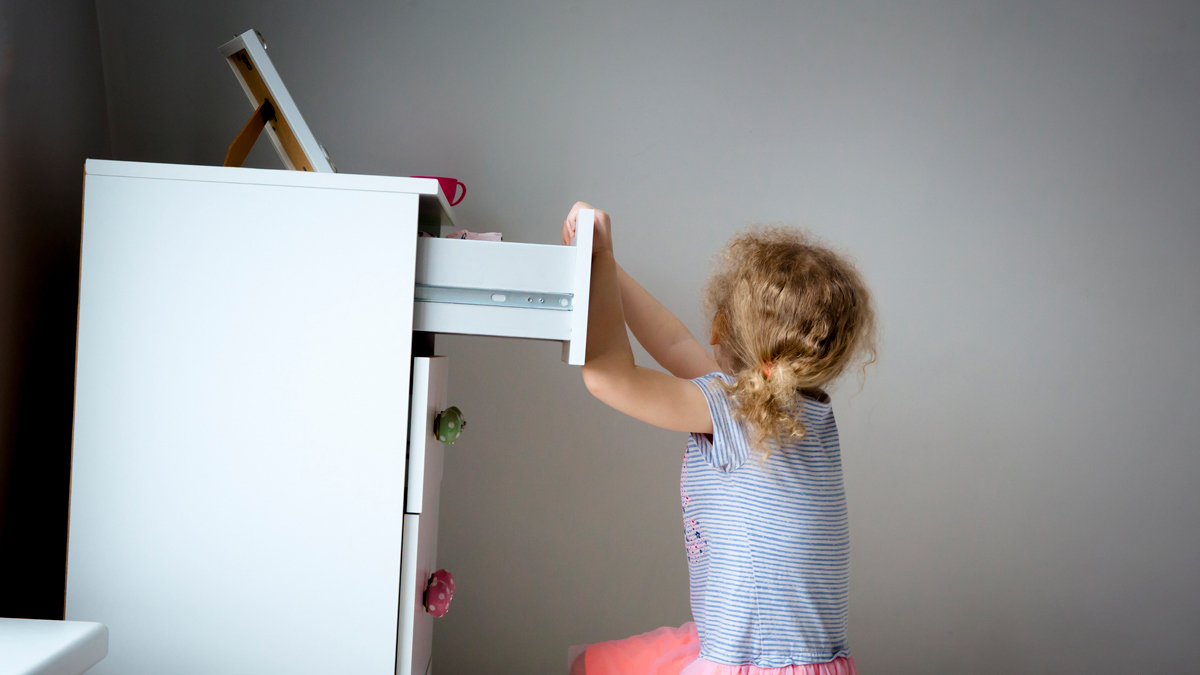
Need to know
- The ACCC has initiated a review into risks associated with toppling furniture and TVs
- CHOICE has made 10 recommendations, including implementing mandatory safety and information standards, and removing specific barriers for renters
- 58% of our survey respondents who hadn't anchored furniture or TVs said the main reason was because landlords or agent didn't let them
Unsecured furniture and TVs in the home can prove dangerous to you and your loved ones. Since 2000, at least 27 people have died in Australia as a result of injury from toppling furniture or TVs.
It’s clear that anchoring furniture saves lives. But although there’s increasing awareness of the issue, there are still too many obstacles that can deter people from securing risky items.
In response, the Australian Competition and Consumer Commission (ACCC) has initiated a review into risks associated with toppling furniture and televisions.
What we’re calling for
CHOICE has made a submission to the ACCC recommending a range of strategies to help reduce the risk of injury or death from unsecured furniture and televisions.
1. Mandatory safety and information standards
Currently there are no mandatory safety standards for toppling furniture in Australia, only a voluntary best practice guide for toppling furniture.
We recommend the introduction of a mandatory safety standard to ensure that items at high risk of toppling – such as bookcases, chests of drawers, TVs and more – are safe and stable based on normal or reasonably foreseeable scenarios and conditions.
We’re also calling for the introduction of an information standard for furniture and TVs that are at moderate risk of toppling.
“These measures are necessary given reactive, post-market controls alone are not sufficient to keep people safe, and because injuries and fatalities continue despite voluntary initiatives,” we’ve stated in our submission.
2. Remove specific barriers for renters
Almost every Australian jurisdiction allows ‘no-grounds evictions’, which means many renters feel unable to ask for permission to anchor furniture, or that they may be putting their tenancy at risk by asking.
In 2020, we surveyed CHOICE members and supporters to ask them what they think about risk and prevention of furniture and TVs toppling over.
Of the respondents who rent and who hadn’t anchored furniture or TVs, 58% said the number one reason for that was because their landlord or managing agent didn’t allow it.
“It feels like punishment for not owning our own property”
CHOICE survey respondent
“We can be as careful as we like, but the safety of my child is compromised because we are not able to follow the safety recommendations of things like bookcases and stands in our home,” said one respondent. “It feels like punishment for not owning our own property.”
We’re calling for an end to no-grounds evictions across Australia, along with changes to tenancy laws to give renters the right to anchor or affix items for the purposes of safety, and to prevent landlords from being able to unreasonably prevent them from doing so.
As we state in our submission: “All governments should be on notice that lives are at stake while tenancy legislation fails to protect the rights of renters to make their homes safe without fear of eviction.”
3. Other recommendations
CHOICE is also calling for a number of other changes, such as requiring all businesses to include warnings about toppling risks and relevant safety information before purchase, and that anchors be tested to a standard to withstand significant force in the back of the piece of furniture.
For the full summary of all 10 recommendations, read our submission to the ACCC on toppling furniture.
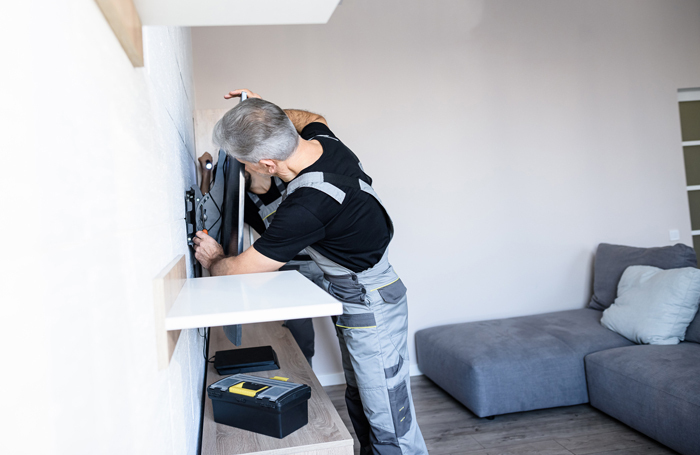
Which furniture is most likely to topple?
According to the ACCC, the following products have been involved in injuries and fatalities due to their tendency to ‘topple over’:
- Bookcases
- Chests of drawers
- Tallboys
- Dressers
- Shelves
- Televisions
- Other furniture (such as chairs and tables)
“Tip-over accidents can happen quickly and we encourage everyone to check their home for toppling hazards and to anchor any tall or unstable furniture or televisions, and to consider tip-over safety when shopping for furniture,” says ACCC deputy chair Delia Rickard.
Safety tips
Aside from securing furniture to walls and floors (anchoring kits sometimes come with furniture, or can be bought separately), the ACCC offers the following advice to help reduce the risk of tip-overs.
- Don’t put heavy items on top of shelves of bookcases.
- Discourage small children from climbing on furniture.
- Don’t put tempting items such as favourite toys on top of furniture that encourage children to climb it.
- Don’t put unstable furniture near places where children play.
- Put locking devices on all drawers and doors to stop children opening them and using them as steps.

